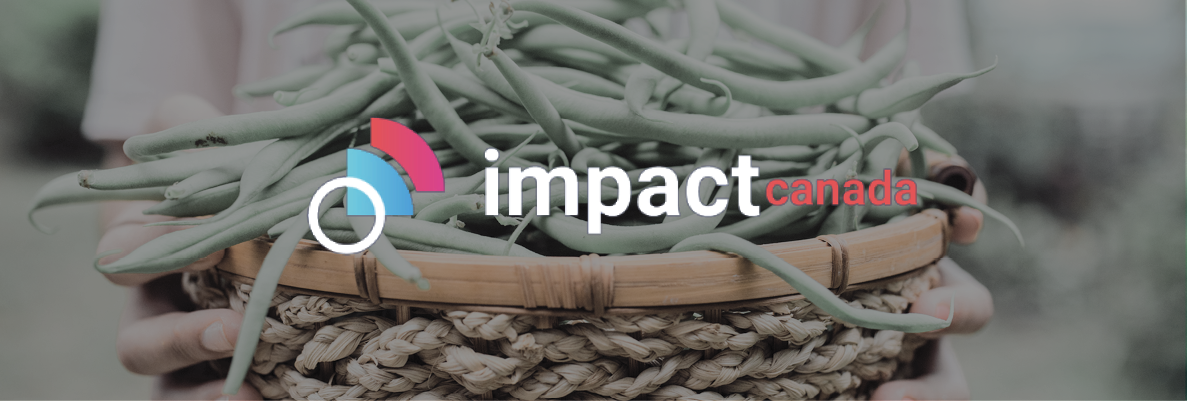Earlier this month, The Minister of Agriculture and Agri-Food, the Honourable Marie-Claude Bibeau, announced the 24 semi-finalists for Streams A and B of the CAD$20-million Food Waste Reduction Challenge, an initiative under the Food Policy for Canada. Winnow was one of the successful submissions and will now be scaling up activity fighting food waste with client partners Compass Group Canada and Dana Hospitality.
Nearly 60 percent of food produced in Canada – amounting to 35.5 million metric tonnes – is lost and wasted annually. Of that, 32 percent – equalling 11.2 million metric tonnes of lost food – is avoidable and is edible food that could be redirected to support people in our communities.
Globally, food waste costs the hospitality industry $100bn a year. In Canada, data from the 2019 Value Chain Management study found that 9% of Canada’s 38.5mm tonnes of annual food waste comes from the HRI sector, amounting to 3.4m metric tonnes, or 14.9mm tonnes of CO2e. To put this in perspective, that’s the equivalent of powering every home in Toronto for over a year.
Combining this data with a previous 2014 study which estimated the total cost of Canada’s food waste at CAD31bn allows us to estimate that food waste coming from the HRI sector is approximately CAD2.8bn a year.
The business case is compelling, and the prize will help bring Winnow’s ground-breaking Artificial Intelligence technology Winnow Vision to the country for the first time. Already trusted globally by household names like IKEA, Winnow Vision takes photos of wasted food as it's thrown away and, using the images, the machine trains itself to recognise what has been thrown in the bin. Winnow’s systems have reached and surpassed human levels of accuracy in identifying wasted hundreds of food types.
Teams then receive access to daily reporting and analytics platform Winnow Hub which helps pinpoint waste areas and suggest operational improvements which lead to reductions in food waste. Typically a site using Winnow would expect to halve food waste within 6-12 months, saving around 3%-8% on food purchasing costs.
The technology will be deployed across a number of kitchens including hospitals. universities and staff restaurants as part of the program partnering with Compass Group Canada and Dana Hospitality.
Winnow co-founder and CEO Marc Zornes says, “We’re delighted to be awarded this highly contested prize to bring Winnow Vision to Canada for the first time. We believe that equipping teams with cutting edge technology is the quickest way to making a meaningful reduction in food waste across the HRI sector. We look forward to working with Impact Canada and our client partners to showcase the significant impact this approach can have.”









Comment on my blog